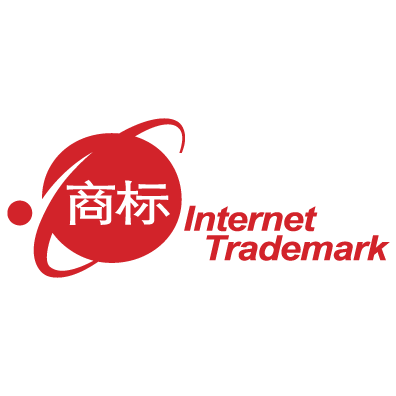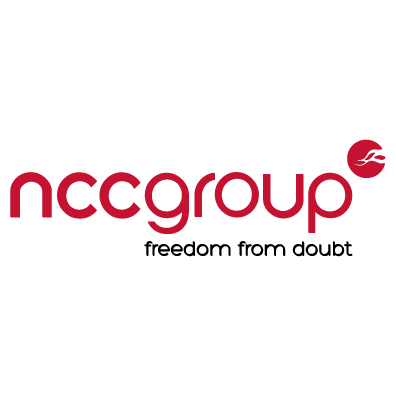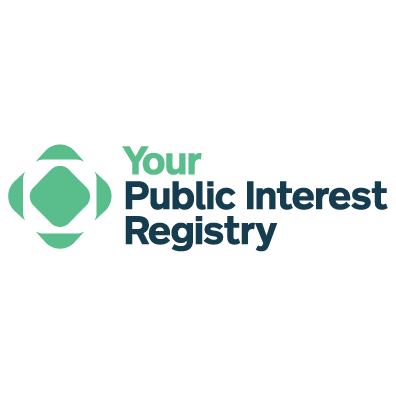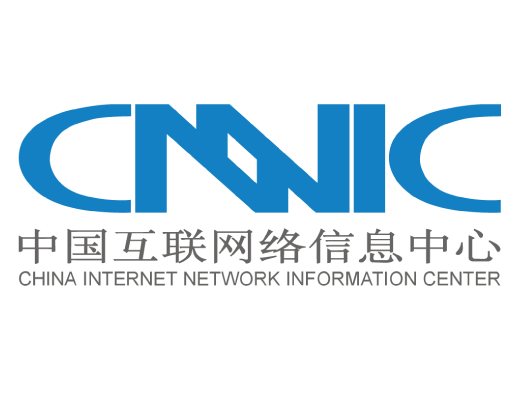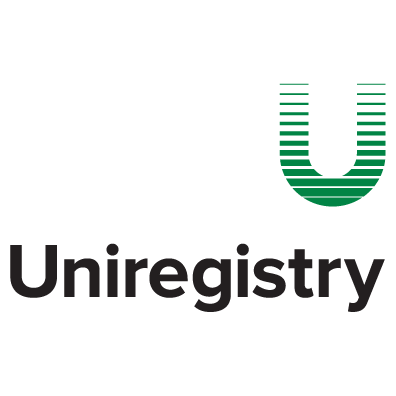GNSO Public Council Meeting Part II: Administrative | Agenda
Proposed Agenda for the GNSO Council Public Meeting in Los Angeles, 15 October 2014 Part 2
This agenda was established according to the GNSO Council Operating Procedures approved 13 September 2012 for the GNSO Council and updated.
http://gnso.icann.org/en/council/op-procedures-13jun13-en.pdf [PDF, 555 KB]
For convenience:
- An excerpt of the ICANN Bylaws defining the voting thresholds is provided in Appendix 1 at the end of this agenda.
- An excerpt from the Council Operating Procedures defining the absentee voting procedures is provided in Appendix 2 at the end of this agenda.
Meeting Times 22:15 UTC
http://tinyurl.com/plgz5gl
Coordinated Universal Time 22:15 UTC
15:15 Los Angeles; 18:15 Washington; 23:15 London; 00:15 Paris;
Main Meeting Page:
http://la51.icann.org/en/schedule/wed-gnso-council-admin
Dial-in numbers will be sent individually to Council members. Councillors should notify the GNSO Secretariat in advance if a dial out call is needed.
Item 1: Seating of the 2014 / 2015 Council (20 mins)
1.1 Roll Call
1.2 Statements of interest
- Carlos Raul Guterriez – SOI Nominating Committee Appointee
- Donna Austin – SOI Registries Stakeholder Group
- Edward Morris – SOI Non Commercial Stakeholder Group
- Heather Forrest – SOI Intellectual Property Constituency
- Marilia Ferreira Maciel – SOI Non Commercial Stakeholder Group
- Stephanie Perrin – SOI Non Commercial Stakeholder Group
- Susan Kawaguchi – SOI Commercial and Business Users Constituency
1.3 Review/amend agenda
Item 2: Election of the Chair (30 mins)
One nomination was received for this position, Jonathan Robinson. The GNSO Council held a question & answer session over the weekend with Jonathan Robinson. The Council to proceed to elect the chair according to the GNSO Operating Procedures.
GNSO Operating Procedures
http://gnso.icann.org/en/council/gnso-operating-procedures-13sep12-en.pdf [PDF, 489 KB]
Note: Section 2.2 Officer Elections: Chair and Vice-Chairs (see Appendix 1 below)
Item 3: Any Other Business (10 mins)
Reminder:
The Council development meeting will take place at 12025 Waterfront Drive, 2nd Floor, Los Angeles, CA 90094-2536 on Friday 17 October 2014, 10h00.
Appendix 1: Excerpt from GNSO Operating Procedures (Section2.2)
http://gnso.icann.org/en/council/gnso-operating-procedures-13sep12-en.pdf [PDF, 489 KB]
2.2 Officer Elections: Chair and Vice-Chairs
The GNSO Council shall select the GNSO Chair and two Vice-Chairs as follows:
-
The GNSO Chair shall be elected by a 60 percent vote of each house.
-
Each house will be allowed to nominate one candidate for GNSO Council Chair. Each house is responsible for determining how to nominate its candidate. A candidate for GNSO Council Chair does not need to be a member of a house, but must be a member of the GNSO Council. Should a Chair be elected from outside of the houses that Chair will be a non-voting Chair.
-
All ballots will include the "none of the above" option. In the event that a 60 percent vote of each house selects the "none of the above" option, each house will commence a new nomination period of not longer than 15 days. An election for the new nominees will be scheduled for no sooner than 30 days after the unsuccessful vote.
-
In the case of a tie for the most votes between the two candidates, or between a candidate and "none of above," a second election will be held no sooner than 30 days. The candidates shall remain the same for this second election. In the case this second election also results in a tie, each house will commence a new nomination period of not longer than 15 days. An election for the new nominees will be rescheduled for no sooner than 30 days after the unsuccessful vote.
-
The leading candidate will be defined as the one with the highest score. The score is calculated by adding together the voting percentages attained from each house. The highest percentage attainable in each house is 100. Thus, the maximum score a candidate can achieve is 200 as a result of attaining 100 percent of the votes from the contracted party house and 100 percent from the non-contracted party house (100 percent + 100 percent = score of 200). In case neither candidate reaches the 60 percent of each house threshold, a second ballot will be held between the leading candidate and "none of the above."
-
In case neither candidate reaches the 60 percent of each house threshold and the candidates do not tie, a second runoff ballot will be held between the leading candidate and "none of the above."
-
If the single candidate does not reach the 60 percent of each house threshold in the runoff ballot, then each house will commence a new nomination period of not longer than 15 days. An election for the new nominees will be rescheduled for no sooner than 30 days after the unsuccessful runoff ballot.
-
-
Each house shall select a Council Vice-Chair from within its respective house.
-
A Chair may not be a member of the same Stakeholder Group of either of the Vice-Chairs.
-
The Chair and Vice-Chairs shall retain their votes (if any) in their respective houses (if any).
-
In the event that the GNSO Council has not elected a GNSO Council Chair by the end of the previous Chair's term, the Vice-Chairs will serve as Interim GNSO Co-Chairs until a successful election can be held.
-
The Council shall inform the Board and the Community appropriately and post the election results on the GNSO website within 2 business days following each election and runoff ballot, whether successful or unsuccessful.
Appendix 2: GNSO Council Voting Thresholds (ICANN Bylaws, Article X, Section 3)
9. Except as otherwise specified in these Bylaws, Annex A hereto, or the GNSO Operating Procedures, the default threshold to pass a GNSO Council motion or other voting action requires a simple majority vote of each House. The voting thresholds described below shall apply to the following GNSO actions:
-
Create an Issues Report: requires an affirmative vote of more than one-fourth (1/4) vote of each House or majority of one House.
-
Initiate a Policy Development Process ("PDP") Within Scope (as described in Annex A): requires an affirmative vote of more than one-third (1/3) of each House or more than two-thirds (2/3) of one House.
-
Initiate a PDP Not Within Scope: requires an affirmative vote of GNSO Supermajority.
-
Approve a PDP Team Charter for a PDP Within Scope: requires an affirmative vote of more than one-third (1/3) of each House or more than two-thirds (2/3) of one House.
-
Approve a PDP Team Charter for a PDP Not Within Scope: requires an affirmative vote of a GNSO Supermajority.
-
Changes to an Approved PDP Team Charter: For any PDP Team Charter approved under d. or e. above, the GNSO Council may approve an amendment to the Charter through a simple majority vote of each House.
-
Terminate a PDP: Once initiated, and prior to the publication of a Final Report, the GNSO Council may terminate a PDP only for significant cause, upon a motion that passes with a GNSO Supermajority Vote in favor of termination.
-
Approve a PDP Recommendation Without a GNSO Supermajority: requires an affirmative vote of a majority of each House and further requires that one GNSO Council member representative of at least 3 of the 4 Stakeholder Groups supports the Recommendation.
-
Approve a PDP Recommendation With a GNSO Supermajority: requires an affirmative vote of a GNSO Supermajority,
-
Approve a PDP Recommendation Imposing New Obligations on Certain Contracting Parties: where an ICANN contract provision specifies that "a two-thirds vote of the council" demonstrates the presence of a consensus, the GNSO Supermajority vote threshold will have to be met or exceeded.
-
Modification of Approved PDP Recommendation: Prior to Final Approval by the ICANN Board, an Approved PDP Recommendation may be modified or amended by the GNSO Council with a GNSO Supermajority vote.
-
A "GNSO Supermajority" shall mean: (a) two-thirds (2/3) of the Council members of each House, or (b) three-fourths (3/4) of one House and a majority of the other House."
Appendix 3: Absentee Voting Procedures (GNSO Operating Procedures 4.4 [PDF, 380 KB])
4.4.1 Applicability
Absentee voting is permitted for the following limited number of Council motions or measures.
- Initiate a Policy Development Process (PDP);
- Approve a PDP recommendation;
- Recommend amendments to the GNSO Operating Procedures (GOP) or ICANN Bylaws;
- Fill a Council position open for election.
4.4.2 Absentee ballots, when permitted, must be submitted within the announced time limit, which shall be 72 hours from the meeting's adjournment. In exceptional circumstances, announced at the time of the vote, the Chair may reduce this time to 24 hours or extend the time to 7 calendar days, provided such amendment is verbally confirmed by all Vice-Chairs present.
4.4.3 The GNSO Secretariat will administer, record, and tabulate absentee votes according to these procedures and will provide reasonable means for transmitting and authenticating absentee ballots, which could include voting by telephone, e- mail, web-based interface, or other technologies as may become available.
4.4.4 Absentee balloting does not affect quorum requirements. (There must be a quorum for the meeting in which the vote is initiated.)
----------------------------------------------------------------------------
Local time between March and October, Summer in the NORTHERN hemisphere
----------------------------------------------------------------------------
Reference (Coordinated Universal Time) UTC 20:00
----------------------------------------------------------------------------
California, USA (PDT) UTC-7+1DST 13:00
Iowa City, USA (CDT) UTC-5+1DST 15:00
New York/Washington DC, USA (EST) UTC-4+1DST 16:00
Rio de Janiero, Brazil (BRST) UTC-2+1DST 17:00
Montevideo, Uruguay (UYST) UTC-2+1DST 18:00
Buenos Aires, Argentina (ART) UTC-3+0DST 17:00
London, United Kingdom (BST) UTC+0DST 21:00
Bonn, Germany (CET) UTC+1+0DST 22:00
Stockholm, Sweden (CET) UTC+1+0DST 22:00
Cairo, Egypt, (EET) UTC+2+0DST 22:00
Istanbul, Turkey (EEST) UTC+2+0DST 23:00
Ramat Hasharon, Israel (IDT) UTC+3+0DST 23:00
Beijing/Hong Kong, China (HKT) UTC+8+0DST 04:00 (next day)
Perth, Australia (WST) UTC+8+0DST 04:00 (next day)
----------------------------------------------------------------------------
DST starts/ends on last Sunday of October 2014, 2:00 or 3:00 local time (with exceptions)
----------------------------------------------------------------------
For other places see http://www.timeanddate.com
http://tinyurl.com/plgz5gl
This material is associated with the following sessions:
| Title | Date | Language |
|---|---|---|
| GNSO Public Council Meeting Part II: Administrative | 15 Oct 2014 - 15:15 to 16:15 PDT | English |


 Los Angeles
Los Angeles







